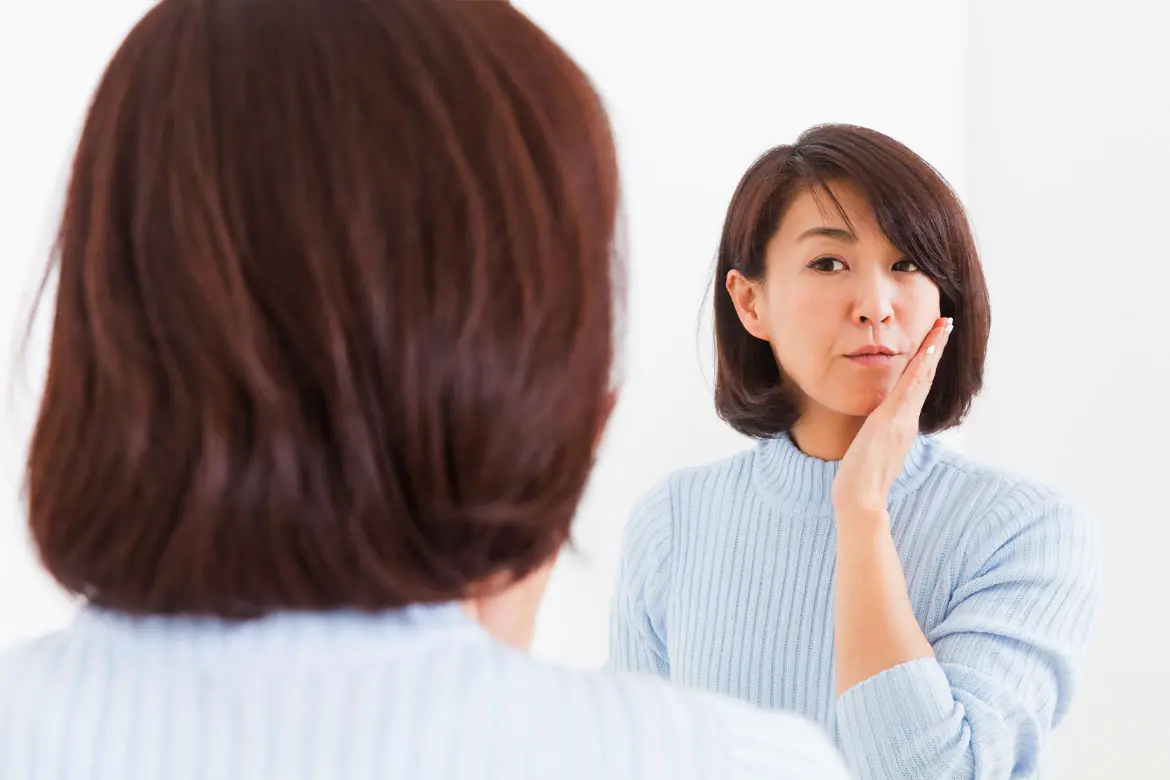Dr Ting Hua Sieng
Obstetrician & Gynaecologist


Source: Shutterstock
Obstetrician & Gynaecologist
Menopause is defined as the permanent cessation of a woman's your menstrual period, and marks the end of your reproductive stage in life. It is completely natural as the body phases out its ability to bear children. Medically, a woman is considered to be in menopause if she has not had her period in for 12 consecutive months.
The average age for women entering menopause is 51, but it can happen as early as their late 40s. As menopause is thought to be genetically determined, a woman may start to enter menopause around the same age their mother did. That said, this development is unique to every woman and individual experiences will vary between female relatives.
In the years leading up to menopause, women may begin to already notice changes as their ovaries begin to reduce the production of oestrogen and progesterone, and periods may start coming irregularly. This is known as perimenopause, or the transitory stage into menopause, and can last for a number of years.
While some women transition quite easily into menopause, others may have symptoms that are incredibly difficult to deal with, and may affect them physically, emotionally and mentally. In more challenging instances, help may be needed from a doctor to help manage the symptoms.
There are many symptoms that a woman may experience in the journey through menopause, and these may take place and change over a period of years. Some women will experience more symptoms than others and with varying degrees of severity.
This will differ between individuals as every woman's experience with menopause is different. Menopausal symptoms can begin years before periods stop and last around 4 years after a woman’s last period, or even longer for some.
For most women, menopause happens naturally as the reproductive hormones that regulate menstruation decline. Periods will become more irregular and may stop and start over time, becoming closer together as you near menopause. Eventually, your ovaries will stop releasing eggs completely.
However, a woman's body may be triggered into early menopause for various reasons. Here are some common instances where this may happen:
The changes to your body caused by the reduction in hormones can put you at risk for certain diseases and conditions.
The reduction in oestrogen production during menopause can result in less calcium in the bones, leading to osteoporosis. This can put women at greater risk of hip, spine and other bone fractures.
Tips to keep the bones healthy include:
A doctor will be able to advise about supplements or medication that can help prevent bone loss.
Decreased oestrogen levels can also cause the arteries in the heart to be less flexible, which impacts blood flow. To reduce the risk of heart conditions, maintain a healthy weight, eat a nutritionally balanced diet, exercise regularly and avoid smoking.
Reduced hormone levels will affect the body's ability to ability to regulate weight and may lead to weight gain, even if there has not been any changes to lifestyle or eating habits. Exercising more more and eating better with a nutritionally balanced diet can help.
Some women may also notice sudden urges to pee, or may even leak involuntarily when they cough, sneeze, laugh or lift weights. This is because the tissue the vagina and urethra have lost elasticity. This condition is known as urinary incontinence. This may also lead to higher chances of urinary tract infections. If this becomes embarrassing to deal with, talk to a doctor about possible hormone therapy. Strengthening the pelvic floor muscles with Kegel exercises may also help improve the condition.
These changes in a woman's body may result in reduced libido. Sex may also become painful or uncomfortable due to vaginal dryness and loss of elasticity. Women may consider water-based vaginal moisturisers and lubricants. Oestrogen treatment in the form of a vaginal cream, tablet or ring are some alternative solutions that a doctor may prescribe.
Hot flushes can be embarrassing to deal with, especially when they happen in public, as they may disrupt your routine if the flashes occur daily or even multiple times a day. They may last for several years, so learning what the triggers are can help.
The triggers include:
When hot flushes happen, you can reduce their impact by wearing multiple-layered clothing so that you can easily remove the different layers of clothing when you feel warm. While you may consider adjusting your environment to make it cooler, consult your doctor for possible treatment options that can help manage the symptoms.
Consult your gynaecologist should there be any concerns about menopause, or if any of the following symptoms are encountered:
Menopause may be a natural physical transition, but it should not cause undue discomfort. Book an appointment with a gynaecologist to find out how to better go through the the transition.